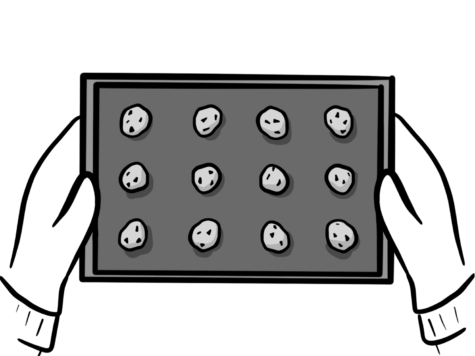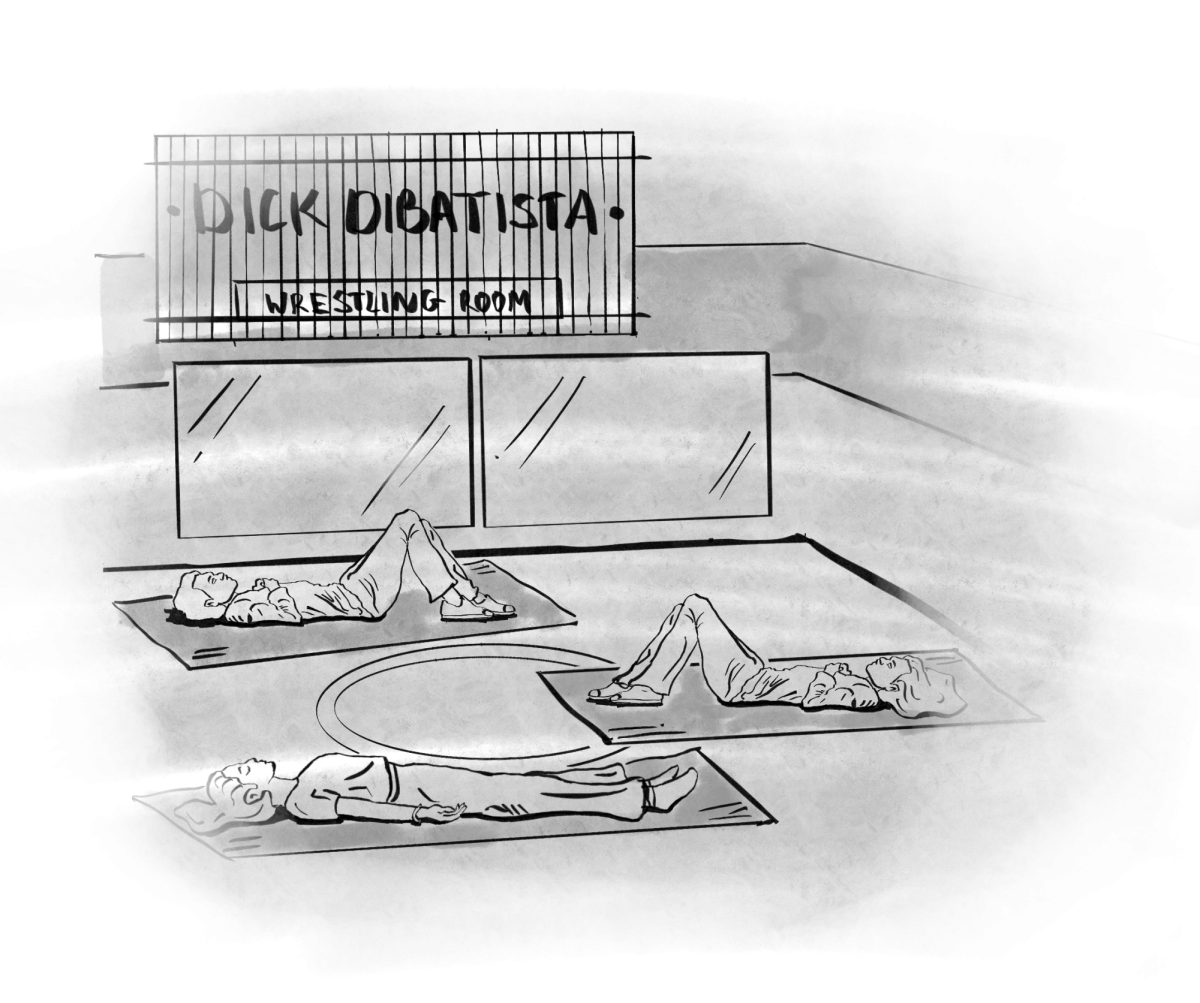In the November issue of The Merionite, the Opinions Editors wrote an article entitled “Editorial: Gender inequality in extracurriculars”. We highly recommend all readers read the entirety of that article to fully understand both the criticism and rebuttal. We would also like to clarify that though students in the last article were categorized as female, these experiences of underrepresentation in male-dominated clubs can apply to most misogyny-affected people, regardless of gender identity.
At its core, the letter addresses the question of whether diversity is essential or at all important in creating equitable environments for students along with the methods by which we dismantle biases. While we appreciate the continuation of the discussion and feel debate is necessary for progress, we do object to many of the claims made throughout the letter.
Piotrowski’s point, “just because a club has more of one gender doesn’t necessarily mean that bias domination is taking place,” is important because we need a shared understanding of what demographics can reveal about bias. It is correct that a number on its own can’t reveal the actions nor opinions held by leadership or membership within a club. It is, however, true that demographics can be used to measure the comfort of different groups within an environment. In many cases, the ratios of male to female students in clubs differ from those seen in general school demographics. So the million dollar question is: why? Take STEM and humanities clubs over the years. Female students are under-represented in many STEM based clubs, but over-represented in humanities ones. To assume this is because female students have a general disinterest in STEM is wrong. We contend that the reason certain misogyny-affected students are underrepresented is because they aren’t as comfortable in the club—whether this is because of leadership, club culture, or social norms––as their male peers. Whether they present themselves as deterrence from leadership positions, lack of precedent, or deep-seated misogyny; underlying gender norms are the only “bias domination” we are claiming exists. We are not claiming all members of a given STEM club are hateful towards women, merely that the ever-present biases that exist within all of us can manifest themselves through a lack of gender diversity within many clubs. That is our rationale for using demographics as evidence for our claim. It should be noted that STEM and humanities differences were not the aim of the original editorial, but rather an example of when demographic analysis would be applied.
Piotrowski also refutes our solution for the path forward. Piotrowski urges our staff to “consider how my genuine and life changing gender-leadership epiphany took place: through life experiences,” which we have considered. We do believe student’s life experiences can shape them. Within almost all DEI (Diversity, Equity, and Inclusion) work, the ability for students to recognize role models from marginalized groups is essential (ex. the movement for Black excellence education). But there is an element of personal responsibility to the non-marginalized. It is not enough to simply sit back and wait for the privileged to learn the “value” of oppressed individuals. When individuals aren’t pushed to confront their opinions, their bias hurts others. Every action by a male student that makes female students uncomfortable being a part of a STEM environment solely on the basis of their gender identity takes away their experience in that club and, even more importantly, the field altogether. Therefore, it is not enough to rely on experience; education is also a necessary tool. As stated before, this education does not need to be through public shaming or calling someone out directly. However, the more students are exposed to what actions and thought processes are the result of harmful bias, the more they will be able to recognize them in themselves and others. In the words of Dr. Martin Luther King Jr., known to reference Thoreau; “Change does not roll in on the wheels of inevitability, but comes through continuous struggle.” We must all work at educating each other actively, not waiting passively for biases to change on their own.

Another aspect to Piotrowski’s criticism to our solution, although not directly stated as one, lies in his quote: “If you find yourself as a minority in a club, I encourage you to see it as an opportunity to exude confidence, have a positive impact, model inclusion, and ‘…go forth to serve.’” The message presented seems to be that it is the minority group within a club’s responsibility to fix its bias. We believe that every student should always be empowered to self-advocate for what they deserve; but the expectation that students who are constantly disempowered should somehow topple the powers in place while being “positive” is an oxymoronic request. We cannot place the burden onto every single underrepresented student in the name of displacing blame from the real issue–the lack of inclusivity propagated in the club.
Think of it like this: if an oven is broken and keeps burning cookies, is it really fair to demand the cookie dough “exude confidence”? There is a fundamental reason that the oven keeps burning cookies–let’s address that.

We also want to establish that it is not merely the minority student’s treatment within a club that identifies the issues with a lack of diversity. We cannot simply accept that girls will be in a minority in various clubs and should therefore make the best use of their time by ‘going forth to serve’ as, now, there is a large group of female students who won’t join Dawgma, TSA, or Science Olympiad because they didn’t feel comfortable in the first place. We cannot forget about them. We must address issues of bias and diversity not just so current members can be successful, but so future young women feel comfortable joining the club in the future. We cannot be complicit with what Piotrowski calls “uncomfortable.”
The dismantling of our collective gender biases are crucial to both tackling these issues head on and understanding that diversity comes with inclusion and people feeling comfortable and welcome in all spaces. We should all be Ryans and Phyllisses, but more importantly, we should all build environments in which Ryans and Phylisses feel comfortable getting where they are in the first place.





Mark Piotrowski • Dec 9, 2022 at 10:01 AM
I want to thank the Merionite Opinions Editors for publishing my letter to the editor, but more importantly I want to thank them for the opportunity for discourse and personal growth. As a high school engineering teacher, the Opinions Editors use of a “broken oven” that “keeps burning cookies” spoke to me. Part of the engineering and design process is ‘identifying the problem.’ It is actually the first part of the process, and its identification is critical to addressing any broken system or object – like an oven that keeps burning cookies. In the spirit of collaborative problem solving, I have a question for the Opinion Editors: What specific words and/or actions are male students saying/doing that makes “female students uncomfortable being a part of a STEM environment?” I want to be a part of the solution to the problem, but I need specifics in order to move forward with possible solutions. Again, thank you for this opportunity. I think we can have a positive impact. -Mr. Piotrowski